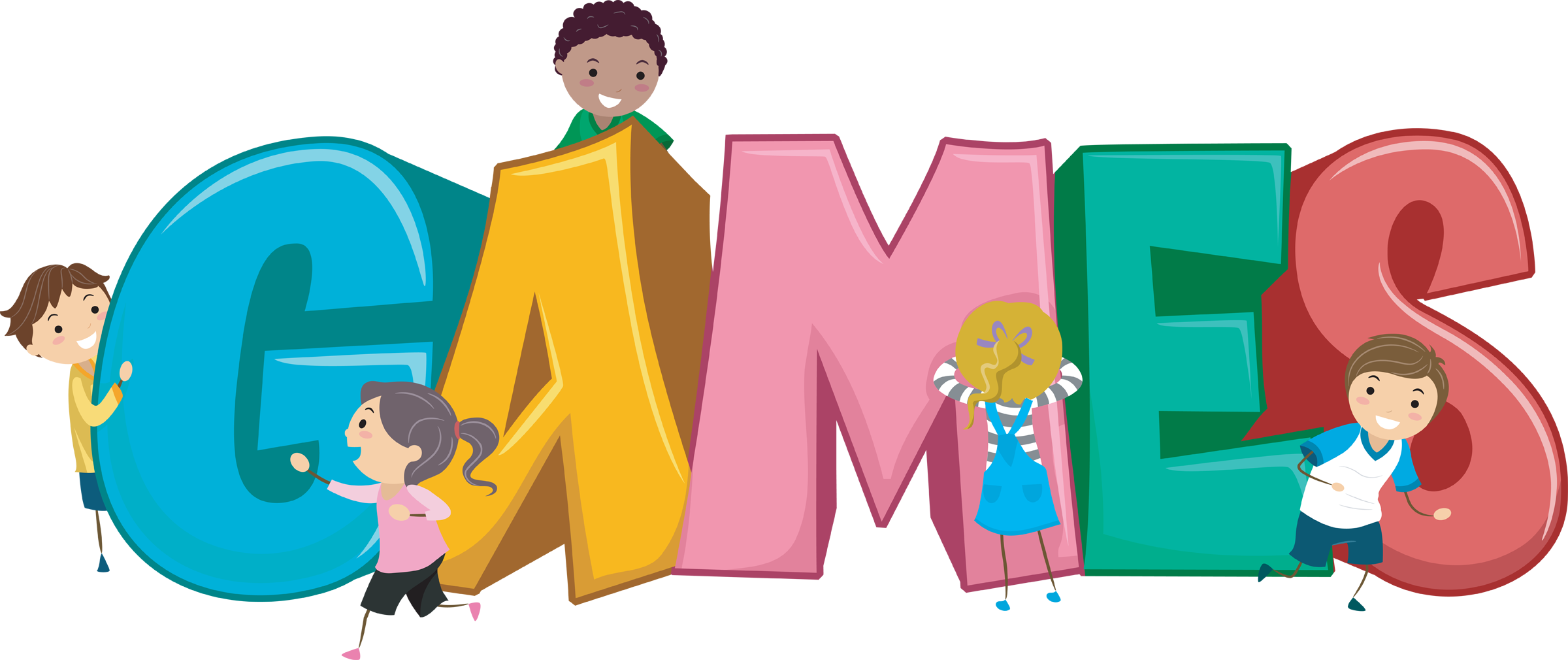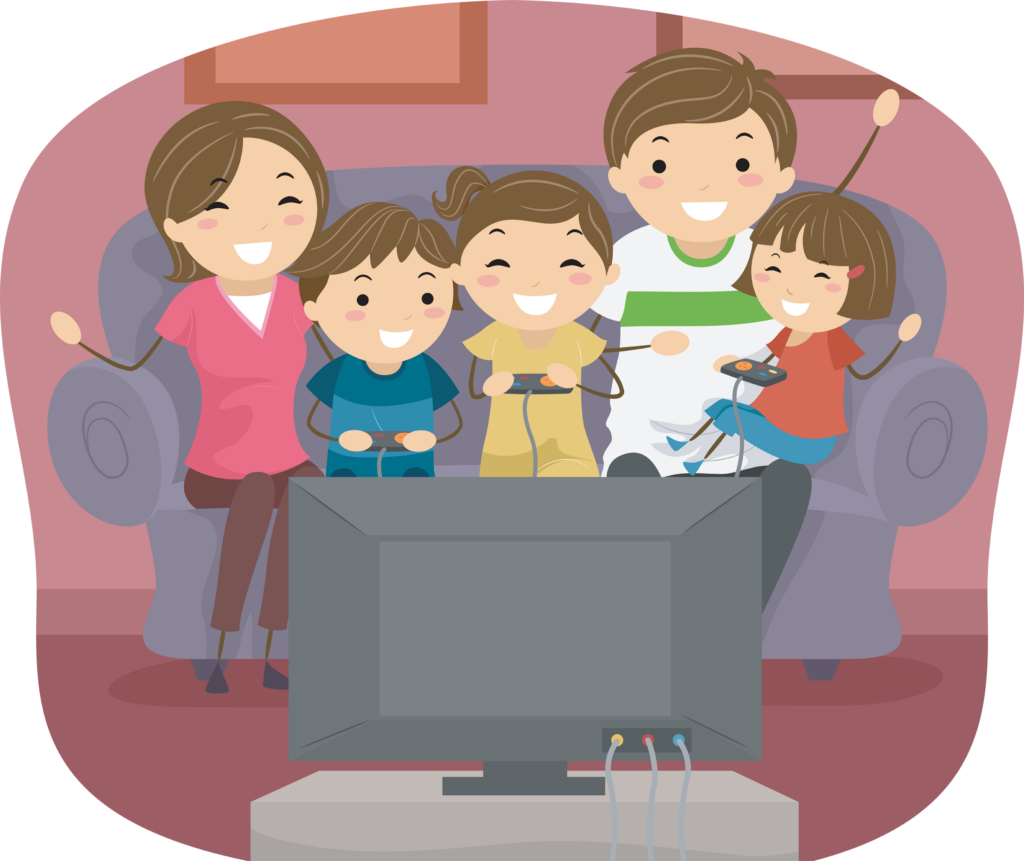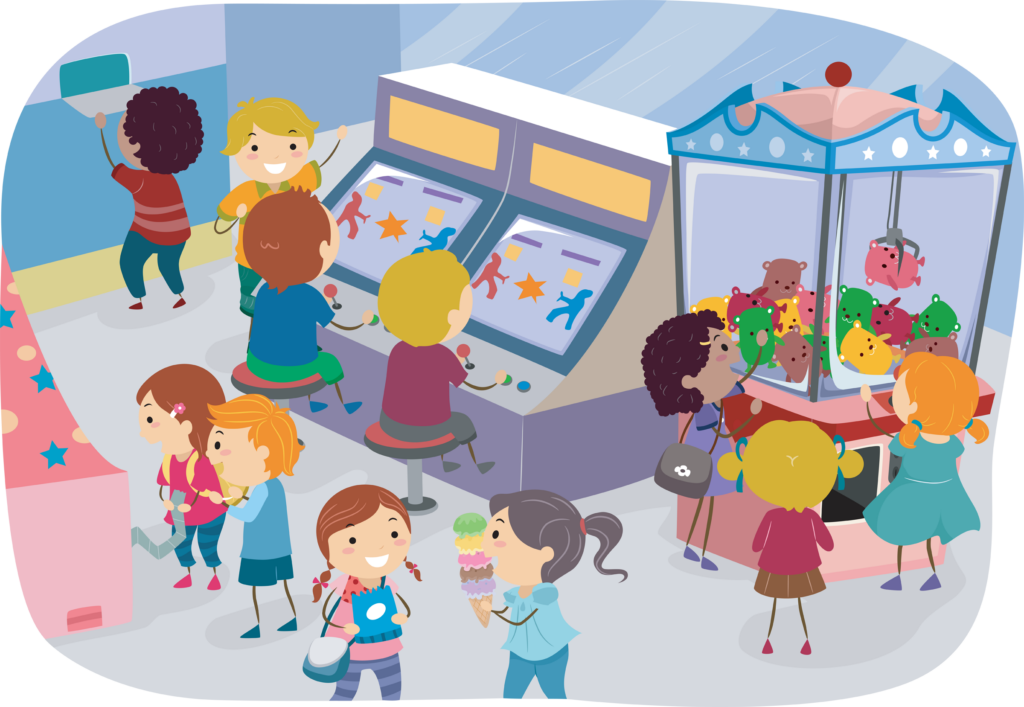
The world of arcade and video games has evolved significantly over the past few decades. Once seen as mindless entertainment, these games have now become an integral part of young children’s educational journey. This article explores the various benefits of incorporating arcade and video games in the learning process and offers tips for teachers and homeschooling parents to gamify educational lessons.
Cognitive Development
Arcade and video games have the potential to enhance cognitive development in young children. These games often require quick thinking, problem-solving skills, and strategic planning. By engaging with such games, children can improve their memory, attention, and decision-making abilities.
Social Skills
Multiplayer games provide opportunities for children to interact with their peers, helping them develop essential social skills such as communication, cooperation, and empathy. These interactions promote teamwork, sportsmanship, and the ability to work together to achieve common goals.
Motivation and Engagement
Introducing video games into the learning process can increase motivation and engagement in young children. Gamification techniques can transform lessons into entertaining experiences, encouraging children to be more involved in their learning process.

Tips for Teachers and Homeschooling Parents
Choose Age-Appropriate Games: Ensure that the games you select are suitable for the child’s age and developmental level. Look for games with clear objectives, educational content, and a low level of violence.
Incorporate Games with Clear Learning Goals: Select games that align with your lesson plan’s objectives and reinforce the concepts being taught. This way, children can apply their in-game experiences to their academic learning.
Encourage Cooperative Play: Promote games that require teamwork and collaboration, helping children develop their social skills and learn the value of working together.
Set Time Limits: Establish reasonable time limits for game sessions to maintain a balance between screen time and other activities.
Monitor Progress: Track the child’s progress in the game and provide feedback to help them improve their skills and understanding of the subject matter.
Discuss Game Experiences: Encourage children to reflect on their gaming experiences and relate them to real-life situations. This will help them understand the relevance of the skills they’ve acquired through gaming.
Create Custom Educational Games: Teachers and parents can create their own games tailored to the specific needs and interests of the children, ensuring that the content is both engaging and educational.
Blend Online and Offline Activities: To create a well-rounded learning experience, combine video games with traditional teaching methods and hands-on activities. This approach ensures that children benefit from the advantages of both digital and offline learning resources.
Encourage Critical Thinking and Reflection: Prompt children to think critically about the content and strategies used in the games they play. Engage in discussions that help them analyze the game mechanics and consider the real-world implications of the skills they are developing.
Provide a Safe Gaming Environment: Teachers and parents should closely monitor the gaming platforms and communities their children interact with to ensure they are age-appropriate and free from harmful content. Establishing a secure gaming space will allow children to reap the benefits of video games without exposing them to potential risks.

Suggested Games for Kids
The following is a list of suggested game types that young children can enjoy while reaping educational benefits. These games can be found in various formats, such as arcade, board games, and video games. By offering a variety of game types, children can explore different genres and develop a wide range of skills. Remember to select age-appropriate games and provide guidance and support to ensure a positive and educational gaming experience.
Puzzle Games:
- Sudoku
- Crossword puzzles
- Jigsaw puzzles
- Tangrams
Strategy Games:
- Chess
- Checkers
Educational Games:
- Brain Age
- Math Blaster
- Reader Rabbit
- Spelling games
Word Games:
- Scrabble
- Boggle
- Hangman
- Bananagrams
Memory and Matching Games:
- Concentration
- Memory Match
- Simon
Creative and Building Games:
- Minecraft
- LEGO sets
- Roblox

Incorporating arcade and video games into the learning process offers a wealth of benefits for young children, from enhancing cognitive development to fostering social skills. By selecting age-appropriate games and integrating them with clear educational objectives, teachers and homeschooling parents can transform traditional lessons into engaging and motivating experiences. Embrace the potential of video games to enrich the educational journey of young children and watch them flourish.